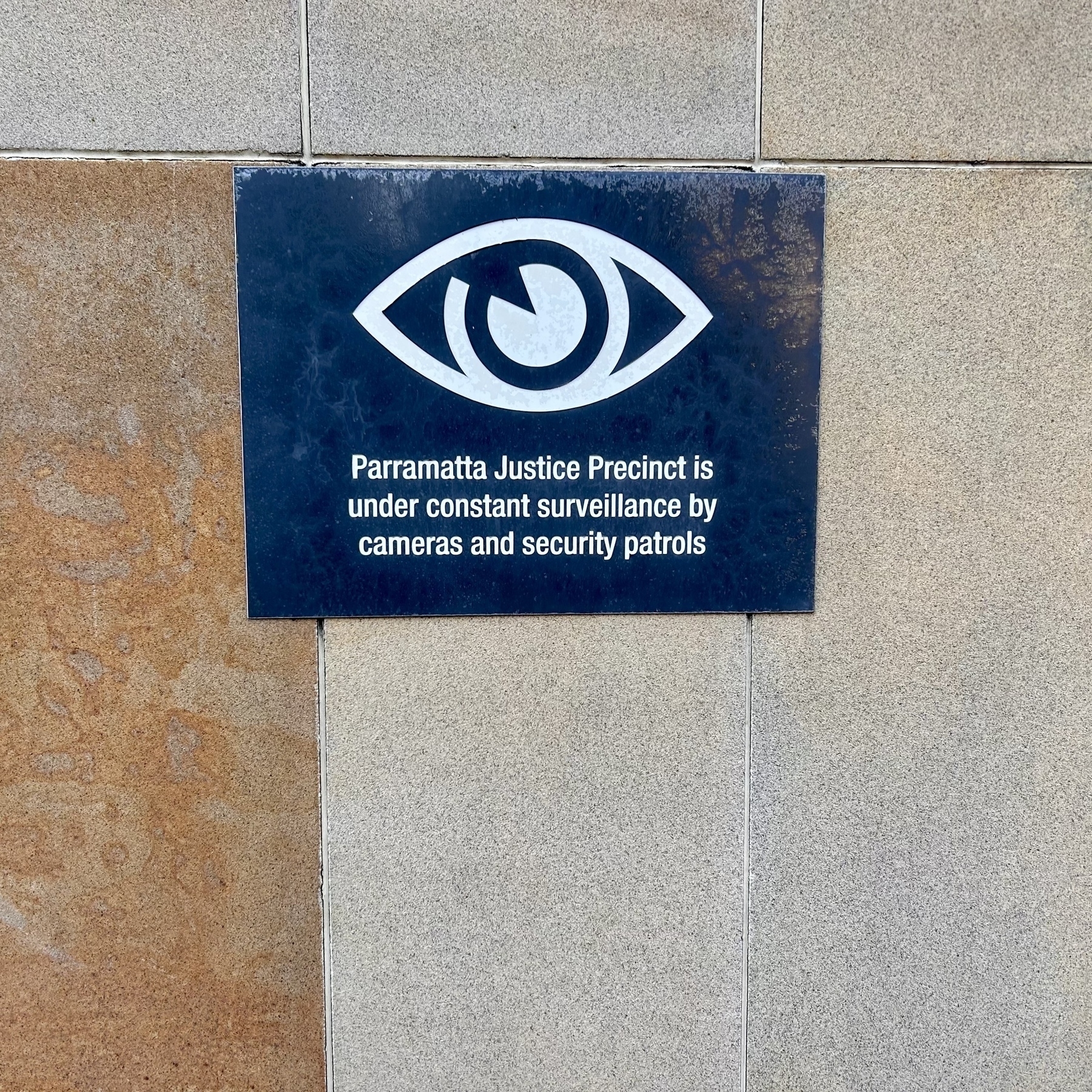“The desire of privilege and the taste of equality are the dominant and contradictory passions of the French of all times.” The crisis in French identity since De Gaulle
Interesting article on France diminished global influence and the crisis this represents for their national identity:
One would have to go back 20 years to find a moment when Paris last demonstrated the will to step out from beneath the shadow of the U.S. and exercise a critically important decision on its own. In 2003, it opposed the U.S. invasion of Iraq. French diplomacy, under the auspices of Prime Minister Dominique de Villepin, effectively cemented a coalition with Germany and Russia, depriving the American initiative of international legitimacy. Since that time, France has once more found its place in European affairs to be subordinate to Germany and within the orbit of U.S. countenance.
Macron and the French Identity Crisis intpolicydigest.org
Archiving...
Timely, given the ongoing crisis in New Caledonia.
Image credit Title: Incendies sur Nouméa Creator: Lilian Alizert Date: 16 May 2024 Type: Colour digital photo Rights: Copyright Lilian Alizert

"One thing I do have confidence in is my feeling"
A really interesting interview with André 3000 by Hanif Abdurraqib:
“The thing is, I can only give what I’m feeling. I’m interested in discovery. If there’s not any discovery, it doesn’t feel real to me. I’ve never considered myself the best producer or the best singer or the best rapper or any of those separate categories. But one thing I do have confidence in is my feeling.”
André 3000 is at peace - The Bitter Southerner

In what year was the first emoji-like character set developed? Your guess is almost certainly wrong.
Emoji History: The Missing Years - Get Info

“I hope this isn’t for weapons”: The boring, repetitive work being undertaken to train AI algorithms, which are increasingly used as tools of war, by people fleeing conflicts
A chilling essay about Fatma, a Syrian refugee working in Bulgaria’s AI data annotation industry.
Despite its crucial role in the development and maintenance of AI technologies, data work is often belittled as micro or small, involving only a few clicks, and dismissed as low-skill or blue-collar. In fact, the platform Clickworker, a prominent provider of on-demand data work, claims on its website that “the tasks are generally simple and do not require a lot of time or skill to complete.” However, this assertion is inaccurate. During my fieldwork in Bulgaria, for instance, I attempted to segment and label satellite imagery, finding it extremely challenging. The work demands precision when drawing polygons around different objects in the pictures, which is also strenuous on the eyes and hands. Moreover, it requires contextual knowledge, including an understanding of what vegetation and vehicles look like in specific regions. Following the segmentation and labeling process by Fatma and her team, a rigorous quality check is conducted by a woman in the client’s company. Fatma’s manager in Bulgaria mentioned that the quality control person was “remarkably fast with the quality check and feedback” and added, “She’s able to do this quickly because she knows the images and the ground.” While taking note of this, I wondered how well the quality controller knows the ground. Does she come from the area where these images were taken? Is she, like Fatma, a refugee? Has her displacement been leveraged as expertise?
I asked Fatma if the satellite images she was working on could be of Syria. She said she thought the architecture and vehicles looked familiar. Staring at the screen, she whispered, “I hope this isn’t for weapons.” Neither she nor I could be certain.
There are no depths the AI sector will not sink to in order to exploit the vulnerable.
“I hope this isn’t for weapons.” How Syrian data workers train AI - UntoldMag
As Australian subsidies to fossil fuel producers increase to $14.5b we have to ask, has the election of the ALP made any difference in addressing the climate crisis?
Australia's willfull ignorance about poor literacy, and finally some efforts to change it
Fantastic to see “whole language” literacy finally being dropped, 30 years after we had compelling evidence that it impairs learning and particularly harms people with specific learning disabilities.
The structured literacy system teaches sounds from the “bottom up,” as opposed to the “whole language” approach which relies on immersing children in language and counting on them to absorb it. Structured language includes phonics: the matching sounds with letters or groups of letters.
Pokémon Go Players Invent Fake Beaches on Real Maps to Catch Rare Wigletts. I’m embarrassed to understand that sentence.
Primary prevention of gendered violence isn't working - so what might?
Many important points in this post by Jess Hill and Michael Salter:
In Australia, the current primary prevention strategy on gendered violence takes a universal approach. It does not put more resources into certain groups, but rather tries to deliver prevention work across the entire population. So entrenched is this ‘universal’ approach, it has come to stand as the exclusive definition of primary prevention.
But we are now coming up against the limitations of this approach. Even if we accept the current theory of change – that improvements to community attitudes will reduce gendered violence - it is clear, from the survey data we rely on to measure attitude change, that the strategy we have pursued for the past decade is showing limited, if any, success.
Family Farms in NSW and Queensland promoted by Covid vaccine-sceptic group Parents With Questions were intended to operate outside a ‘corrupt’ food system. But not all has gone to plan - good piece by Ariel Bogle and Cameron Wilson







